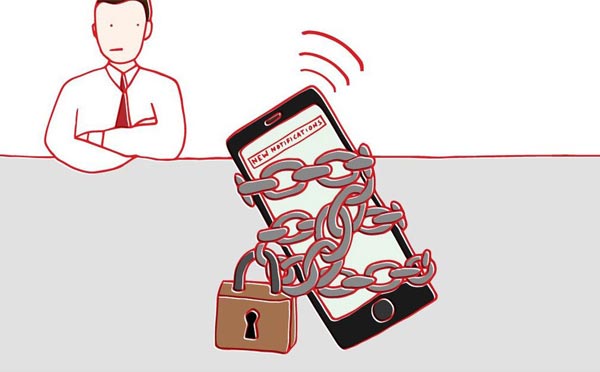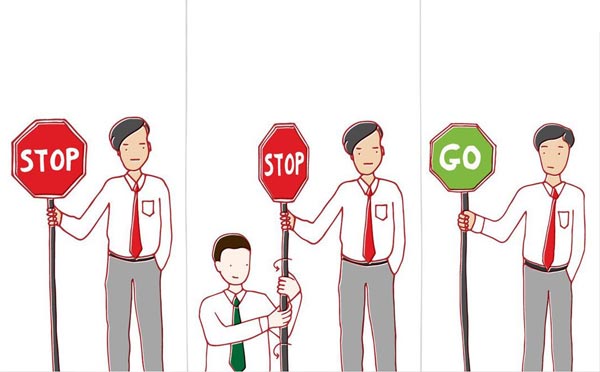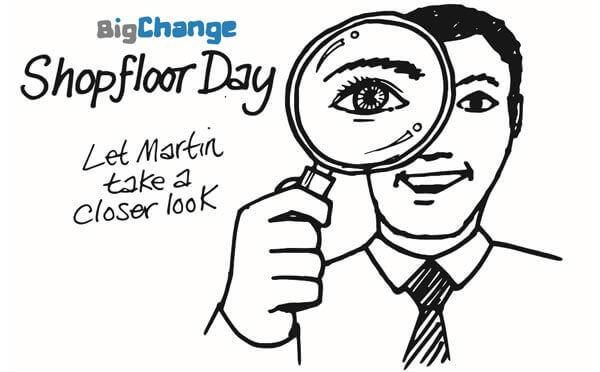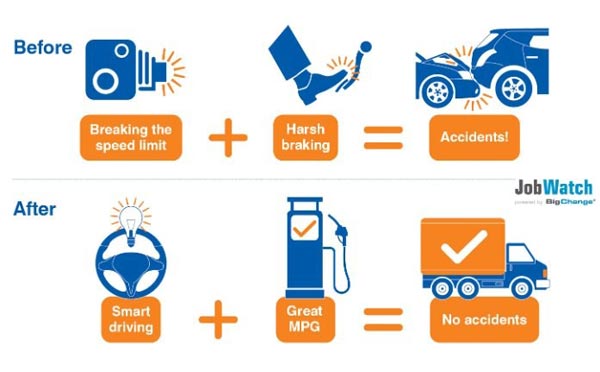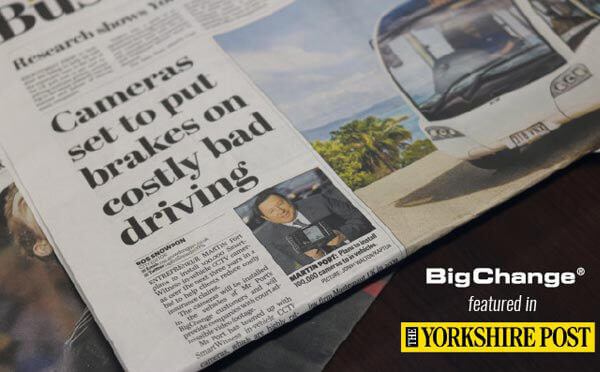People often assume that I am a disruptor and rule-breaker because I’m an entrepreneur. But here’s the thing: I have a huge amount of respect for rules, and have always seen the value in process and order.
Rules exist for a reason. They are put in place for the benefit or safety of customers, and to protect companies and their employees. I was reminded of this recently, when I visited a hotel in the North East.
A member of staff brought out my bill to sign. I tried to explain that I observe the Sabbath, which means I couldn’t use a pen. She was having none of it. It took a lot of self-control to keep my temper but I asked to speak to the manager and eventually they agreed to waive my signature.
At first I found the whole episode infuriating but then I realised how easily scammers could abuse the excuse of the Sabbath to get out of paying their bill. Of course the staff were wary. Especially as the bar attendant hadn’t experienced this issue before and was unsure of the rules governing the Sabbath in Judaism.
At BigChange, we try to be as flexible as we can. When customers want something, we bend over backwards to accommodate them. But there are cases when we need to be intractable. For example, sometimes customers try to use our hardware without installing our software. We tell people till we’re blue in the face that they need to install our platform to ensure it’s safe, and running as it should be, but people love shortcuts, don’t they?
We now have a rule in place, which states that customers who fail to use our software will not be covered by our warranty on the hardware. It’s not been the most popular decision but it’s important to stand by the rules that matter.
Entrepreneurs may challenge the status quo and shake up traditional structures but that doesn’t mean we don’t respect the rules. You need to have rules and process if you are going to build an efficient organisation.
When I come up against a customer service wall in future, if I’m told that rules are rules, and there can be no exceptions, instead of losing my temper, I’m going to remember that it’s not the employee’s fault. They are just doing their job, and we, as customers, need to try and understand that. In this age of “the customer is always right”, this may be an unusual – even unpopular – perspective.
There should always be the option to escalate a grievance to the manager. And companies should be willing to revise rules if they are no longer fit for purpose or could be improved. But that’s no excuse to take it out on the member of staff who is just trying to follow company guidelines. Don’t shoot the messenger: there is usually a good reason you can’t get your way.
In the meantime, I’m looking forward to the introduction of fingerprint recognition in hotels that works without electricity!
Agree with me? Think I’m completely wrong? Let me know your opinion in the comments.

Martin Port
Founder & CEO


